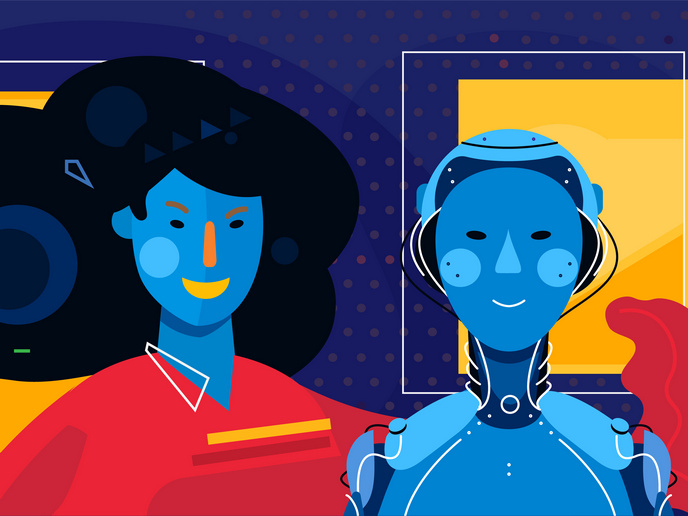Understanding how reading, knowledge and memory work
There is little agreement among experts on how humans build their knowledge through reading. In fact, scientists still have much to discover about the cognitive processes that go on inside our skulls and are essential to our functioning. An EU-funded research project, 'Computational modelling of knowledge-based inference generation during reading comprehension' (CMOIG), set out to expand understanding in these areas. The multidisciplinary project explored 'inference generation', looking at the extent and types of knowledge-based inferences that are constructed online during reading. The aim was to reconcile the three main conflicting theories of reading comprehension — memory-based, explanation-based and coherence-based — under common principles concerning the role of short-term and long-term semantic and episodic memories. In order to further investigate the links between reading and different memory processes, a new computational model was developed that integrated previous work in this area. The findings were combined with experiments that used eye tracking to measure different reading patterns. The work succeeded in developing for the first time a computational model that integrates dynamic reading processes with knowledge-based structures. Since the findings and new methods developed are applicable to other comprehension phenomena, they can be used to form the basis of future investigations. Knowledge is essential for progress in our societies, so by improving our understanding of how humans acquire it this project will bring benefits in many areas, including educational strategies and machine intelligence.






